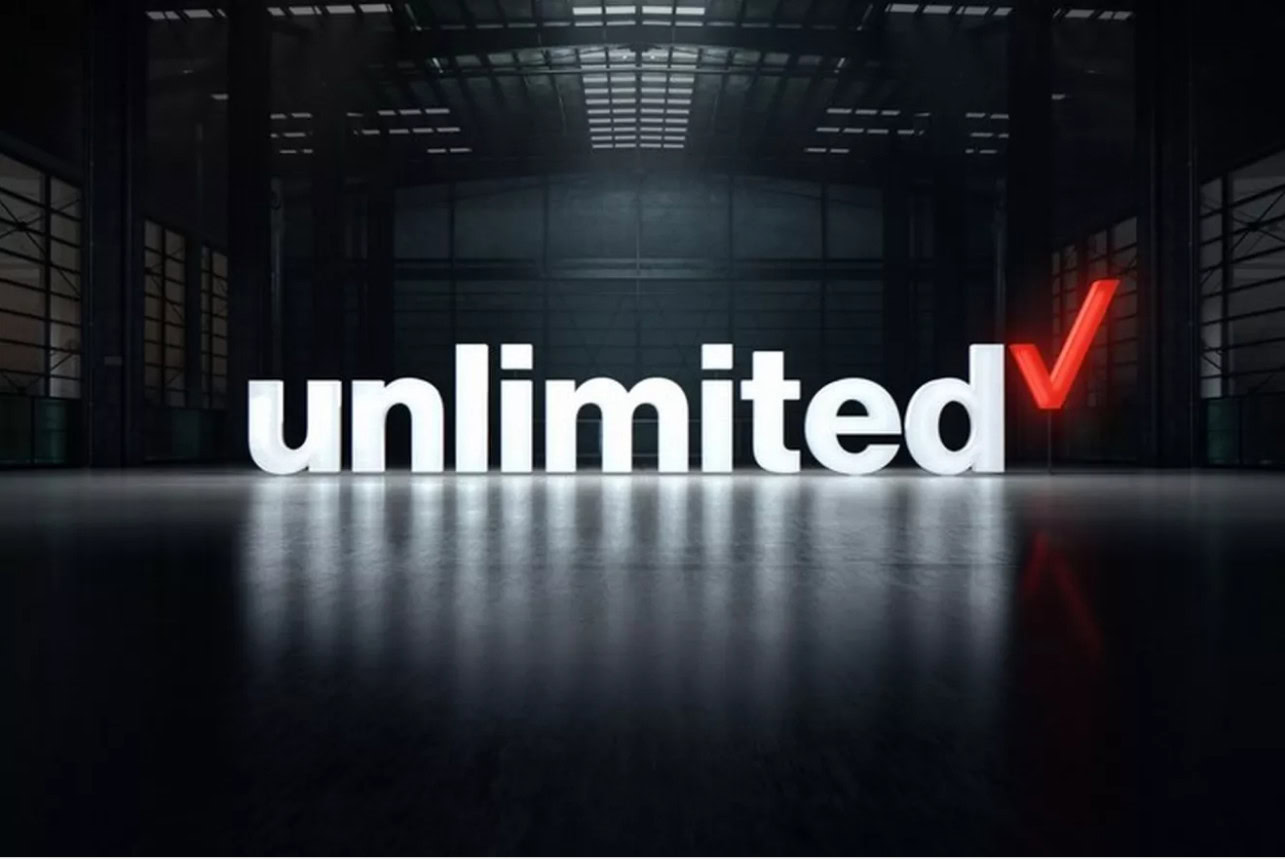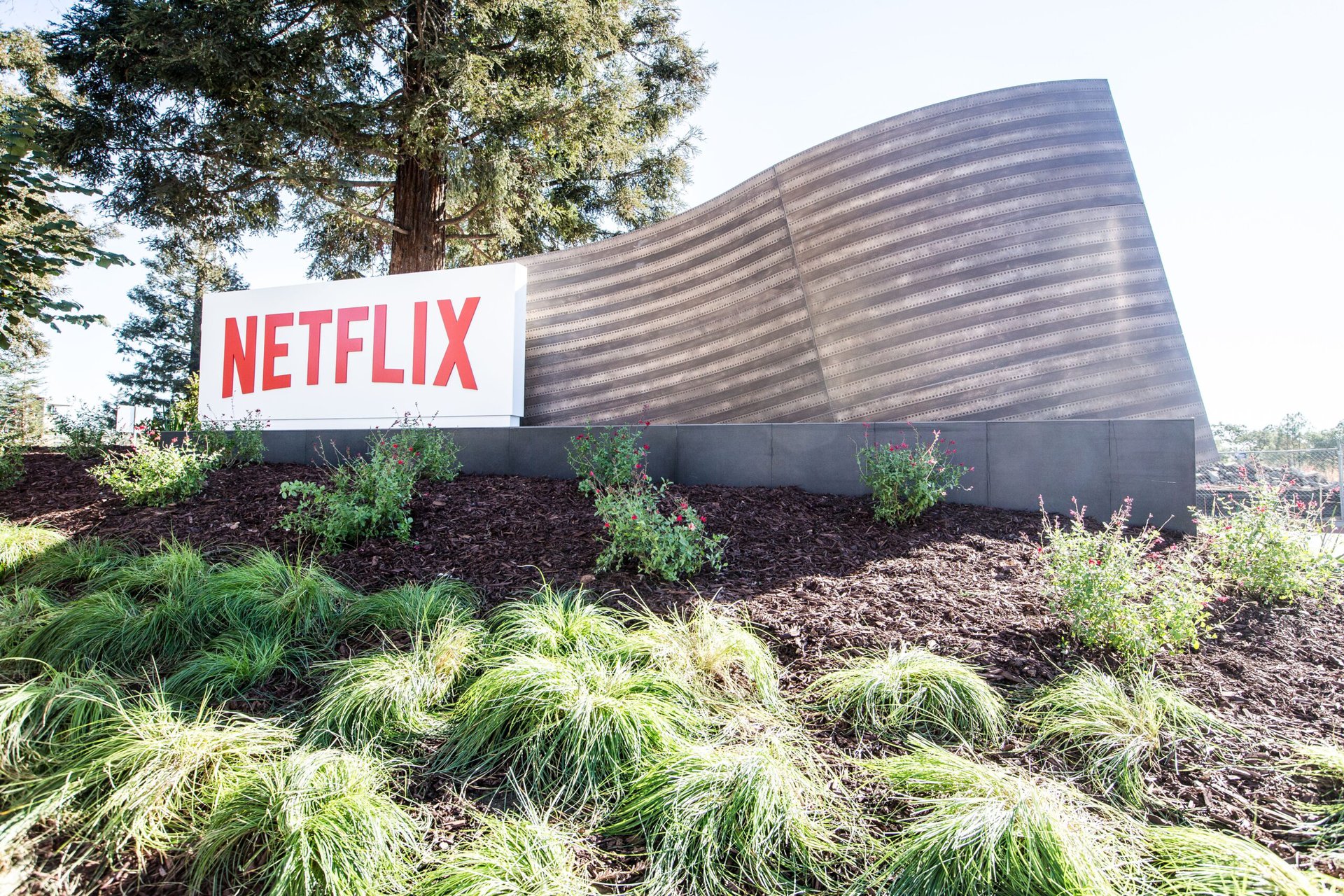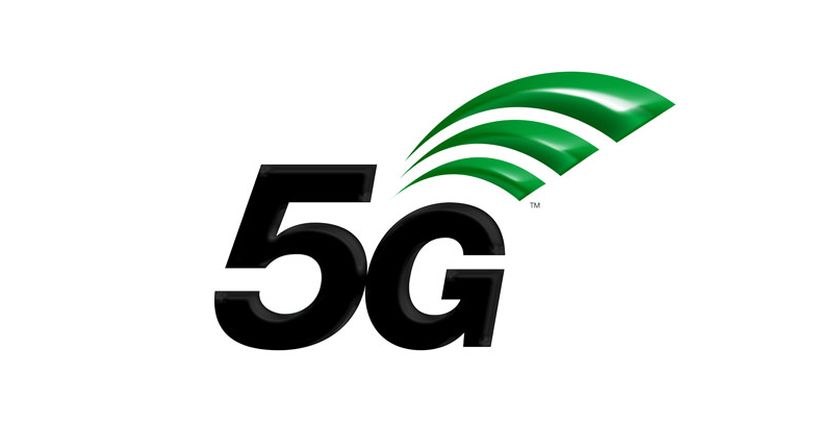Affiliate links on Android Authority may earn us a commission. Learn more.
Thank Facebook Live, Netflix and Spotify for carriers embracing unlimited plans
February 13, 2017

A few years ago, the four major wireless carriers in the US began to back away from offering unlimited data plans to customers, or at least some of them were stating they wanted to stop offering those plans at some point.
AT&T and Verizon did away with them completely for new customers in 2010 and 2011, respectively, although older customers that already signed up for those plans could continue to keep them. T-Mobile was hinting as late as March 2016 that the company had “a strategy of pivoting away from unlimited.” Sprint kept up its unlimited plans for customers, but in June 2015 its CEO Marcelo Claure stated “we might eliminate it in the future.”
Fast forward to February 13, 2017. Both Sprint and T-Mobile have stopped talking about getting rid of unlimited plans. Earlier this year, T-Mobile announced its unlimited ONE plan will be the only one it offers customers. Sprint took down Verizon’s recent promotion of $55 a month for 5G of data by offering a limited time promotion of unlimited data for $50 a month. Even AT&T started offering a new unlimited plan in 2016, but with a big catch; you have to also sign up for DirecTV or U-Verse to get it.

Today, Verizon officially started offering a new unlimited plan for smartphones and tablets for $80 a month, a move that few people thought it would make even just a few weeks ago. While competition to stay ahead of the other wireless carriers was certainly a factor in Verizon’s decision, keep in mind that even Sprint and T-Mobile execs were hinting strongly they might back away from unlimited plans. So what caused this overall change in attitude?
We think the answer is pretty clear: streaming services.
The rise of Netflix and the streaming culture

In 2011, Verizon stopped offering unlimited plans to new customers. Netflix had 23 million subscribers in the US. In its most recent financial statements, for the fourth quarter of 2016, the streaming video service stated it had over double that amount of paid users in the US, up to 49.43 million subscribers.
More and more people are binge watching shows on their smartphones every day
While many of those users likely watch videos on their smart TVs or via set-top boxes, there’s no doubt that more and more people are binge watching shows on Netflix on the road with their smartphones and tablets, along with competitors like Hulu, Amazon Prime Video and others. All of them are also offering easy access to streaming 1080p and even 4K videos, which can eat up even more data on your monthly plan. Also keep in mind that back in 2011, the display on the average smartphone was between 4 to 5 inches. Now more and more people own phones that have much bigger displays with higher resolutions, and they are now much better for watching streaming videos on Netflix.
While they don’t use up as much data as Netflix, the rise of popularity of streaming music services like Spotify, Apple Music, Google Play Music and others do contribute to eating up a smartphone owners’ data plans as well. Most recently, we have seen a rise in people broadcasting their own streaming videos on their mobile devices via services like Facebook Live and Twitter. Popular gaming streaming Twitch also has plans to launch its own mobile streaming service later this year.
Facebook Live, Spotify, Google Play Music and more have been eating up users' data plans
There’s no doubt we now live in a streaming culture, and because of that, people will be using more and more data on the Big Four wireless networks. Carrier executives who have tried to claim that most of their customers don’t really use their monthly data amounts are starting to sound hollow now, and we think that unlimited plans will now become the norm, rather than the exception, going forward.
Also read: Verizon: ‘People don’t need unlimited plans’
Indeed, the only carrier among the Big Four that doesn’t currently offer an unlimited standalone plan is AT&T. With Verizon now breaking down and joining T-Mobile and Sprint, we think AT&T will do the same, and sooner rather than later.
The upcoming promise of 5G networks

The mobile streaming trend will only continue into the future, especially as carriers prepare for even faster download speeds. AT&T says it has already started testing its 5G networks in the field, and other carriers will soon follow suit. While widespread access to 5G networks is still several years away in the US, it’s clear that preparations are being made for its arrival. 3GPP, the group that approves the cellular wireless standards, recently revealed the official branding for its 5G specifications well ahead of time.
The mobile streaming trend will only continue into the future, especially as carriers prepare for even faster download speeds
T-Mobile recently stated it had recorded speeds on its 5G test beds that were as fast as 12 gigabits per second. If wireless networks come even close to those kinds of speeds when 5G becomes operational out in the wild, it will certainly help to launch a whole new net of mobile phones and apps that will use that speed to offer services like full mobile VR and AR services, and perhaps applications that have not even been thought of yet.
That also means offering unlimited data to those future customers will continue to be important. People don’t want to be told that their super-fast mobile connection could be stopped because of a data cap, and they certainly don’t want to pay extra to go over that cap every month. Therefore, we don’t think wireless carriers will be backing away from offering unlimited data down the road.
Data for everyone, but at what cost?
There are already quite a few restrictions in the current crop of unlimited data offerings
Of course, offering unlimited data and upgrading networks to 5G won’t be free. Carriers do have to make money, and that could cause them to boost prices on unlimited plans in the future. It’s way too early to predict if or when that might happen, but we will have to see if getting access to all that data will come at a cost. Indeed, T-Mobile and Sprint already throttle video streams down to 480p on their “unlimited” plans, and Verizon says it “may prioritize usage behind other customers in the event of network congestion” if you go over 22GB a month on its new plan.
However, even with these restrictions, having an unlimited plan will be better for a lot of mobile customers in the long run, and we are very happy to see Verizon make that switch, even with its fairly high price tag. This is ultimately a win-win, and we think it will continue in the future, again thanks to the increasing popularity of streaming services.
What do you think of Verizon making this decision to offer an unlimited plan? Will you be signing up? How long do you think it will take before AT&T offers its own standalone unlimited plan that doesn’t need a DirecTV or U-Verse subscription? Let us know what you think in the comments!